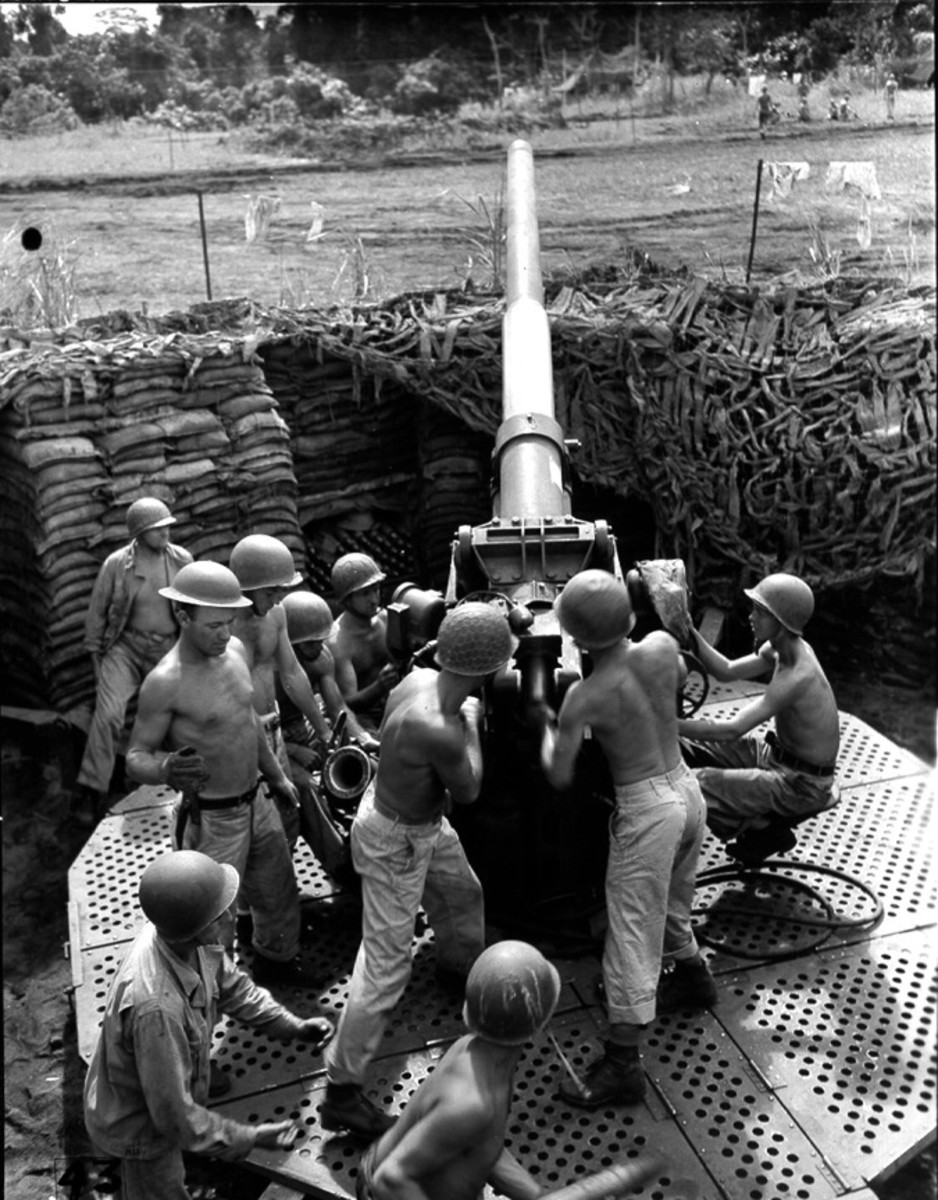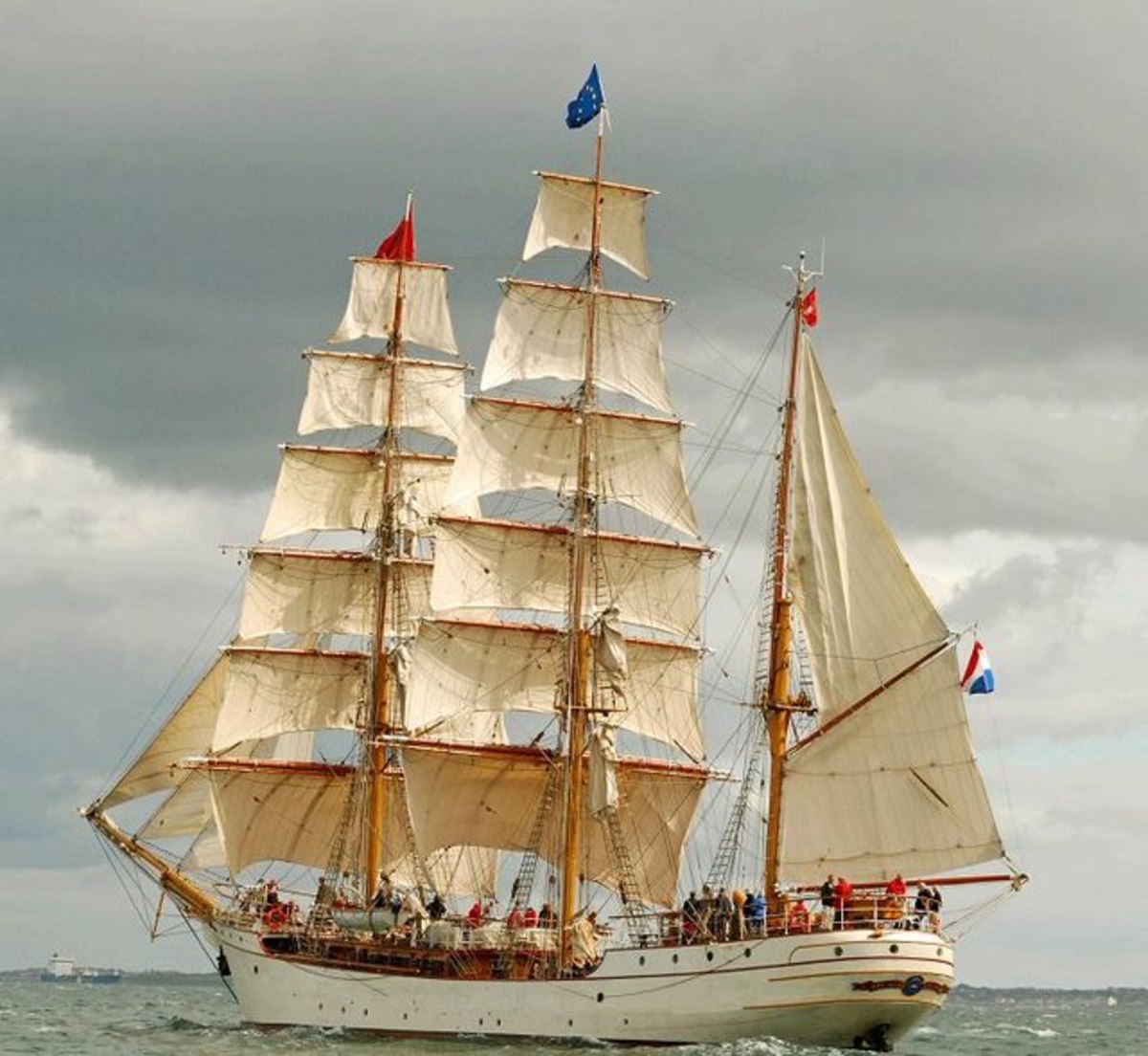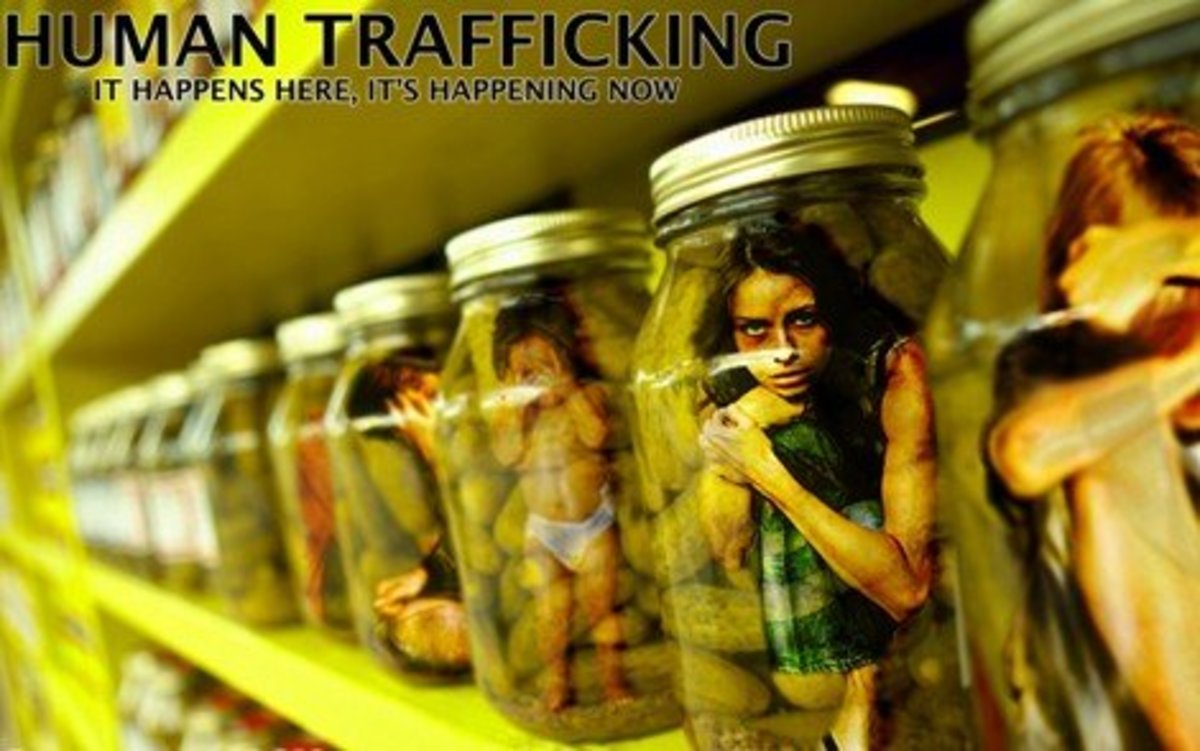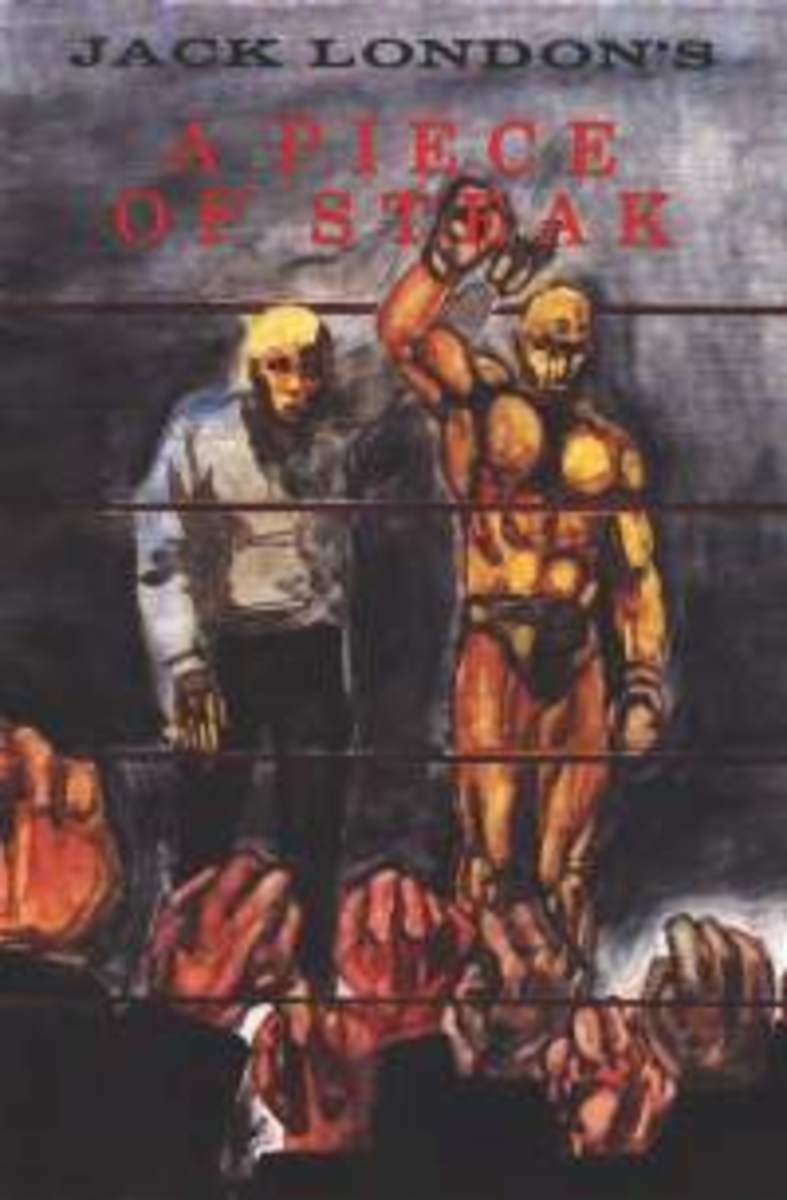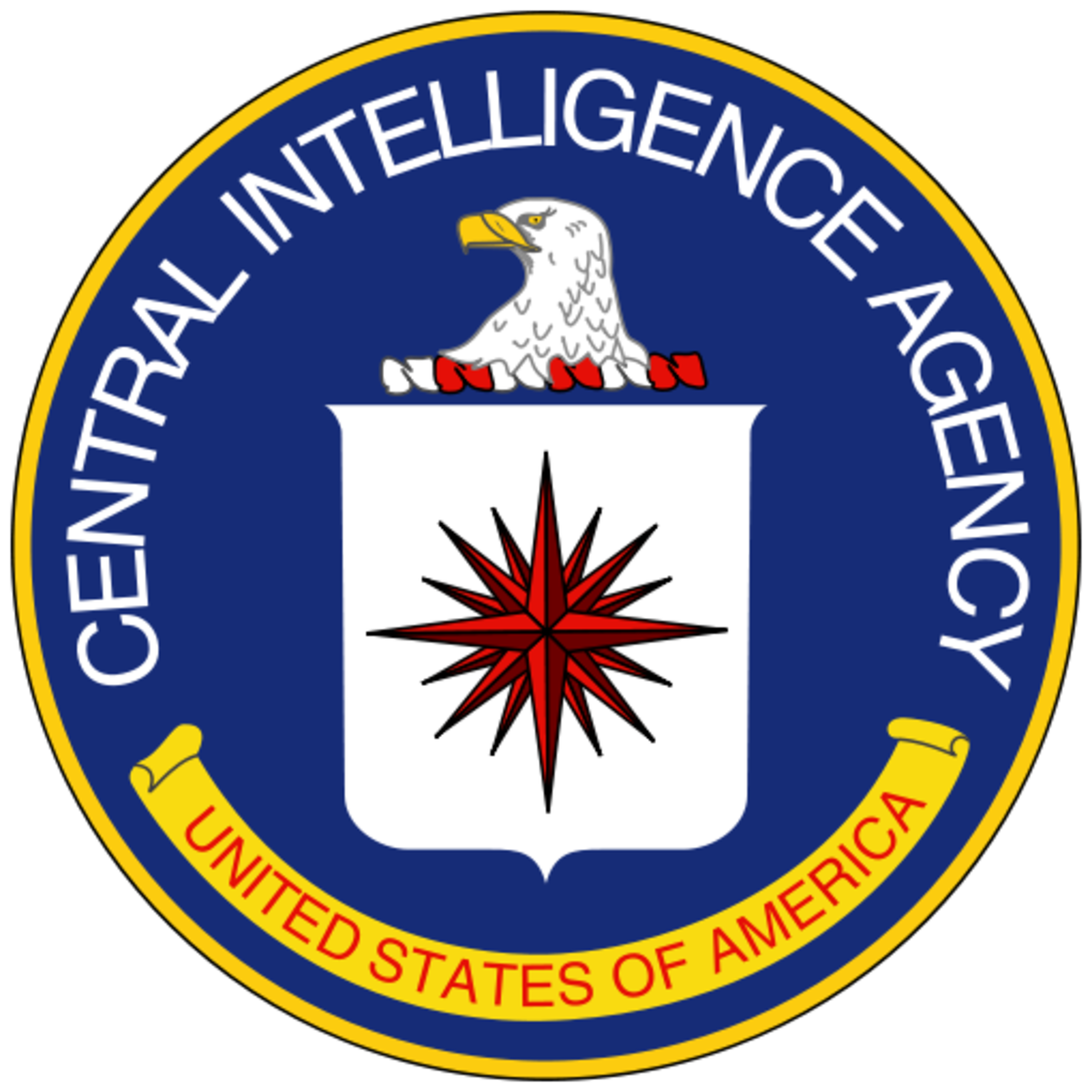The US, Pakistan and Taliban love triangle: Part 3
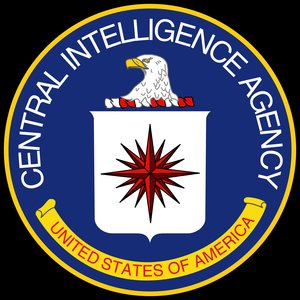
THE CIA AND THE DRUG TRADE
Before we look into the drug trade in Afghanistan subsequent to the US-led invasion, we need to consider the CIA’s history of drug dealing.
"Allegations linking CIA secret operations and drug trafficking have persisted on and off ever since the Agency's founding in 1947. Rep.John Conyers, Dean of the Congressional Black Caucus, convened a special seminar on Capitol Hill to focus on the issue. A distinguished panel of experts discussed the new revelations as well as CIA covert actions in Southeast Asia. Their testimony is startling.” -David Barsamian, Director, Alternative Radio
I am going to give examples of the CIA’s involvement in the drug trade.
Investigations uncovered the “secret 1981 agreement” between the Department of Justice and the CIA, which relinquished any requirement from the CIA to report any drug-related activities by its agents. Volume 2 on the CIA Inspector General’s Report on Contra drug smuggling and CIA complicity was made available in 1998. CIA Inspector General, Frederick Hitz, confirmed in the report the allegations made by contra traffickers of the Nicaraguan contra movement of the 1980s, it being a guerrilla force backed by the Reagan administration which was recruited to attack Nicaragua’s Sandinista government. The claims were that the contra movement was teeming with cocaine traffickers and money-launderers and that Ronald Reagan’s National Security Council protected these drug operations to the extent that any federal investigations were nipped in the bud. In fact, evidence published by Hitz proved that the drug trafficking and money laundering could be traced right back toReagan’s National Security Council where Lt Col Oliver L.North supervised over contra operations. Even when contra money raisers were arrested, theCIA would reimburse the drug money to the contras confiscated by the police. Former DEA agents have reported that 50-70% of cocaine entering theUSA went through drug cartels that enjoyedCIA protection. The drug ring belonging to Rafael Caro Quintero and Miguel Angel Felix Gallardo was one of them and they smuggled four tons a month into theUS during the Contra war.
Interestingly enough, illicit cocaine trafficking dropped by 90% in relation to the disbandment of the contras and the end of theCIA’S covert mission inNicaragua.
According to the affidavit of Bradley Ayers, a former CIA operative, he testified that he examined planes belonging to airlines contracted under the Department of Defence to transport material for the Contras at Miami International on several occasions between the years 1985-1986.
He found residue of marijuana and a powdery substance that proved to be cocaine.
Quote from his affidavit:
“For reasons which I trust may be obvious to you and from your reading of the prospectus to my book in progress, OUT OF POCKET, I did not go to the authorities with this information. Over the past months I have continued to try to encourage media attention to the problem of selective enforcement in the war on drugs and feel that now, with revelations that are being made, it is my duty and an appropriate time, despite the risks, to come forth with this information.”
Bradley E.Ayers
Quotes:
"I personally hit the top of the drug world, dealt with the top traffickers in the world posing as a criminal ... and in every case found these traffickers in bed with our Central Intelligence Agency. Exactly as Senator Al D'Amato said, 'We're in bed with these guys…we still are. But it’s worse than that." (From a 1995 radio interview)
–Michael Levine
We don't need to investigate [theCIA's role in Contra drug trafficking]. We already know. The evidence is there."JackBlum, former Chief Counsel toJohnKerry's Subcommittee on Narcotics and Terrorism in 1996 Senate Hearings
DRUGS IN AFGHANISTAN
Before the Soviet-Afghan war, opium production was at a minimum, being directed to only small regional markets, according to Alfred McCoy. (AlfredMcCoy, Drug Fallout: the CIA's Forty Year Complicity in the Narcotics Trade. The Progressive, 1 August 1997).
Within two years of the CIA operation in Afghanistan, the Pakistan-Afghanistan border became the top heroin producer. The Islamic military groups and organizations that were created in the light of the Soviet war were funded by the proceeds of the Afghan drug trade.
Because the Pakistan military and Afghan resistance were under the guidance of the CIA and Pakistan, heroin labs were able to be established on the Afghan and Pakistani border, both countries forming part of the Golden Crescent drug trade. The Washington Post reported in May 1990, that one of the leading heroin manufacturers was Gulbuddin Hekmatyar, an Afghan leader and the recipient of half of the covert arms the USA provided to Pakistan. Hekmatyar was notorious for his brutality. His group, Hezb-e-Islami clashed with other Mujahideen fighters in a bid for the capital,Kabul. In fact, his legacy of brutality and death was so terrible, that many ordinary Afghans welcomed the emergence of the Taliban. Despite this, theCIA still remained an ally of his.
And, of course, in 2003 the US State Department labelled him a terrorist because of his alliance with the Taliban, just like Osama bin Laden and Saddam Hussein were deemed terrorists when their usefulness wore off.
From these heroin labs on the Afghanistan-Pakistan border, the Sicilian Mafia was responsible for importing the drugs into the US, which become 60% of the US market.
There are former CIA operatives that have confessed their covert operation led to the growth of the Pakistan-Afghanistan heroin trade. In 1995, former CIA Director, Mr Charles Cogan, admitted that the explosion of the drug trade was collateral damage. He believed that the Cold War was far more important than the “drug war”.
"Our main mission was to do as much damage to the Soviets. We didn't really have the resources or the time to devote to an investigation of the drug trade," he told Australian television. "I don't think that we need to apologize for this. Every situation has its fallout. There was fallout in terms of drugs, yes, but the main objective was accomplished. The Soviets left Afghanistan." (Alfred McCoy, Testimony before the Special Seminar focusing on allegations linking CIA secret operations and drug trafficking-convened February 13, 1997, by Rep. John Conyers, Dean of the Congressional Black Caucus)
Today, more than 90% of drugs sold globally come from Afghanistan, it being the major supplier of heroin. It is tied into Pakistani politics and the militarization of the Pakistani state. It influences the Pakistani economy along with its financial institutions, that being involved in money laundering and is protected by the Pakistani military and intelligence.
The average price of a gram of heroin in Western Europe has dropped from $251 a gram to a mere $75. This has resulted in the Columbian drug lords becoming more ruthless because the Asian market has now significantly taken their cut.
The Taliban implemented an opium eradication program in 2000-2001 with the support of the United Nations with the result that opium production dropped by more than 90%. It became illegal to grow poppies in Afghanistan. Anyone caught cultivating poppies would be punished, most likely by death.
During the US led invasion in Afghanistan, Bush Junior ordered that the opium harvest not be eliminated in fear it would destabilize the Pakistani government and President Musharraf would be ousted. This is despite the fact that Bush had earlier acknowledged that there was a link between terrorism and drugs.
Apparently, Islamic radical groups linked to the ISI get their primary funding through opium production and it is them who would do the ousting.
It has been claimed that plans to clear poppy field and pursue major drug figures have been thwarted by corruption in the Afghan government but US State Department officials said that the Pentagon leaders refused to bomb drug laboratories and rebuffed offers from the Afghan government and other agencies to destroy the poppy fields, bar shipments and capture traffickers.
Prior to the decision not to destroy the opium harvest, the US and its allies signed a worldwide ban on opium sales. A United Nations report stressed the urgency to destroy the 2002 opium crops before the end of spring of that year.
"The global importance of the ban on opium poppy cultivation and trafficking in Afghanistan is enormous," states the January 2002 U.N. report on drug trafficking.
"Afghanistan has been the main source of illicit opium: 70 percent of global illicit opium production in 2000 and up to 90 percent of heroin in European drug markets originated fromAfghanistan," states the U.N. report.
According to intelligence sources, the UK and French government approved of the CIA’s decision to defy the UN global ban on opium traffic but an allied intelligence official who works closely with US law enforcement sneered:
"The CIA did almost the identical thing during the Vietnam War, which had catastrophic consequences – the increase in the heroin trade in the USA beginning in the 1970s is directly attributable to the CIA. The CIA has been complicit in the global drug trade for years, so I guess they just want to carry on their favourite business," noted an allied intelligence official who works closely with U.S. law enforcement.
Many Afghan farmers are opposed to opium eradication because their livelihoods are threatened. This is the excuse given for not eradicating the crops. It would hurt the Afghan economy and, according to a Fox News report, the US military wants to respect the farmers’ “cultural decisions”.
There is a way to shed these farmers dependence on opium farming. According to intelligence sources, farmers could be given a grant of $200 a year. This would be enough to halt opium production. The United Statesdoes have the money. Billions have been pumped into the Afghanistan war already.
IS THE USA INVOLVED IN DRUG TRAFFICKING IN AFGHANISTAN?
Russia’s ambassador to Afghanistan, ZamirKabulovaccused the United States of drug trafficking by referring to the reports that the USA transported narcotics out of Afghanistan using its military planes. He believed there was no smoke without a fire. The report was from a TV investigation created by the Russian channel “Vesti”. It reveals how heroin made in Afghanistan is transported out of the country on military cargo planes to the base of Ganci in Kyrgyzstan and Inchirlik inTurkey. Afghan journalist, Nushin Arbabzadah, wrote in “The Guardian”, that it was possible that drugs fill military coffins instead of bodies. "I think it is possible that this happens, but I can't prove it,” he said.
The drug problem in Russia was due to the Soviet occupation in the 1980s when its soldiers became addicted to heroin and smuggled it back to Russia. With the collapse of the Soviet Union in December 1991, the drug trafficking from Afghanistan across Central Asia to Russia and finally to the west of Europe intensified. Today, Russia was about six million drug users. That is 20 times more than before the collapse of the Soviet Union.
So imagine Russia’s “horror” when it discovered that the drug trade had ballooned in Afghanistan when it supported the US led invasion. It had been previously banned by the Taliban.
This is a classic case of one pointing a finger and having three pointing back at them. If Russia had not invaded Afghanistan, Russian soldiers would not have gotten hooked on heroin in the first place.
“Unfortunately, they [NATO] are doing nothing to reduce the narcotic threat from Afghanistan even a tiny bit,” Putin raged.
Russia’s suspicion that the US was complicit in the rise of a narco state was compounded by reports that the cultivation of opium poppies was growing in Iraq, too.
“The Americans are working hard to keep narco business flourishing in both countries,” says Mikhail Khazin, president of the consultancy firm Niakon. “They consistently destroy the local infrastructure, pushing the local population to look for illegal means of subsistence. And the CIA[Central Intelligence Agency] provides protection to drug trafficking.”
Russian journalist,ArkadkyDubnov, quoted anonymous Afghan sources as saying, “85 per cent of all drugs produced in southern and south-eastern provinces are shipped abroad by U.S. aviation.” He was also told that the military acquired drugs through local Afghan officials. Dubnov also claimed that the administration of President Hamid Karzai, along with his brothers,Kajum Karzai and Akhmed Vali Karzai, is heavily involved with the drug trade.
Russian General,Mahmut Gareev, an ex-commander of Russian troops in Afghanistan told “Russia Today”, "The Americans don't obstruct the production of drugs inAfghanistanbecause it supplies them with at least 50 billion dollars a year. It's no secret that the Americans transport drugs out of the country onboard military flights."
The Russian economist,MikhailKhazin was quoted as saying: "The Americans work hard to run their narcotics business inAfghanistan through the protection provided by theCIA to local drug traffickers."
Nikolai Bordyuzha, CSTO Secretary-General, quoted a Pentagon general who told him: “We are not fighting narcotics because this is not our task in Afghanistan.”
Is the United States merely complacent regarding the issue of drugs or is it actually involved in it?
CONCLUSION:
The facts presented throughout the blog prove beyond a doubt that there are never opposing countries or sides. Even though it may appear on the exterior that countries are at war with one another, they all have one goal and that is to usher in a new age of the New World Order. Every war promotes that agenda just that much further because war stirs up fear in people’s minds, they demand to be protected, which gives governments the right to make up new policies that appear to be addressing the “war on terror”. It shall be evident over the years in the future that our individual rights will be taken away for the excuse that we can live in a “safer” world.

